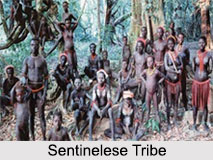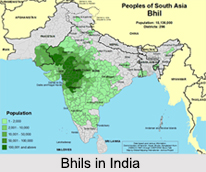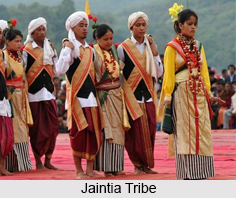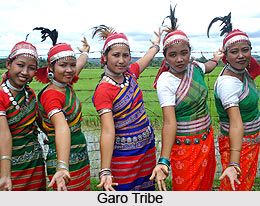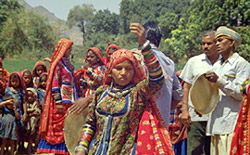Quite a multitude of tribal communities have settled down in every hook and corner of various places of the state of Madhya Pradesh. Over the years , these anthropologists have carried on research in order to depict some of the important things about the whole of the tribal community people of the Indian subcontinent. In their eyes, the Korku tribal community has gained recognition and attention. In the whole of the state of the Madhya Pradesh, the major concentration has been seen in the districts namely Betul and Chhindwara. Amongst the name of Korku tribal community deserves worth mentioning. These Korku tribes are one of the Austro-Asiatic tribal communities.
Certain important facts are being thrown about the lives of this Korku tribal community. This Korku tribal community has settled down in the forest areas only. Needless to mention, that these Korku tribes also adapt to food gathering. Amongst various products that these Kolam tribes collect include prosperous teak forest, etc. Especially in the Bhainsdehi tahsil of Betul district, several of these Korku tribal community people have started to practice the cultivation of potatoes and coffee.
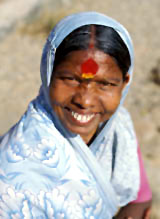 Interestingly, even though many social organizations and NGOs have tried to send various processed food materials to these Korku tries . However, these Korku tribes do not accept these food items from them. Instead these Korku tribes still stick to their age-old method of collecting food from the interiors of the dense forests.
Interestingly, even though many social organizations and NGOs have tried to send various processed food materials to these Korku tries . However, these Korku tribes do not accept these food items from them. Instead these Korku tribes still stick to their age-old method of collecting food from the interiors of the dense forests.
After carrying on researches on these tribes over these years, several aspects on their lives are written down. In the present times, many of these tribes have reduced in size, lost weight mainly because of the lack of the suitability of the region. The societal structure of this Korku tribal community too follows the trends and norms of the typical tribal community of the Indian subcontinent. All the members of the Korku tribal community have held marriage in high esteem. Interestingly, endogamy is prevalent.
Since most of these Korku tribes live in close proximity, there have been instances of frequent village endogamy together. Also with only a handful of successful population size it becomes obvious that there has been a high level of inbreeding in the tribe.
What is also interesting is that these Korku tribes share the space with other tribal communities, especially with the Gond tribes. Whilst they share the love of the forests with the Gonds, they are also excellent agriculturists.
In order to carry on conversation with the people of the same community and also with that of the other tribal communities, these Korku tribes use the beautiful language of the same name, which belongs to the Munda group of the famous Dravidian language family.

















